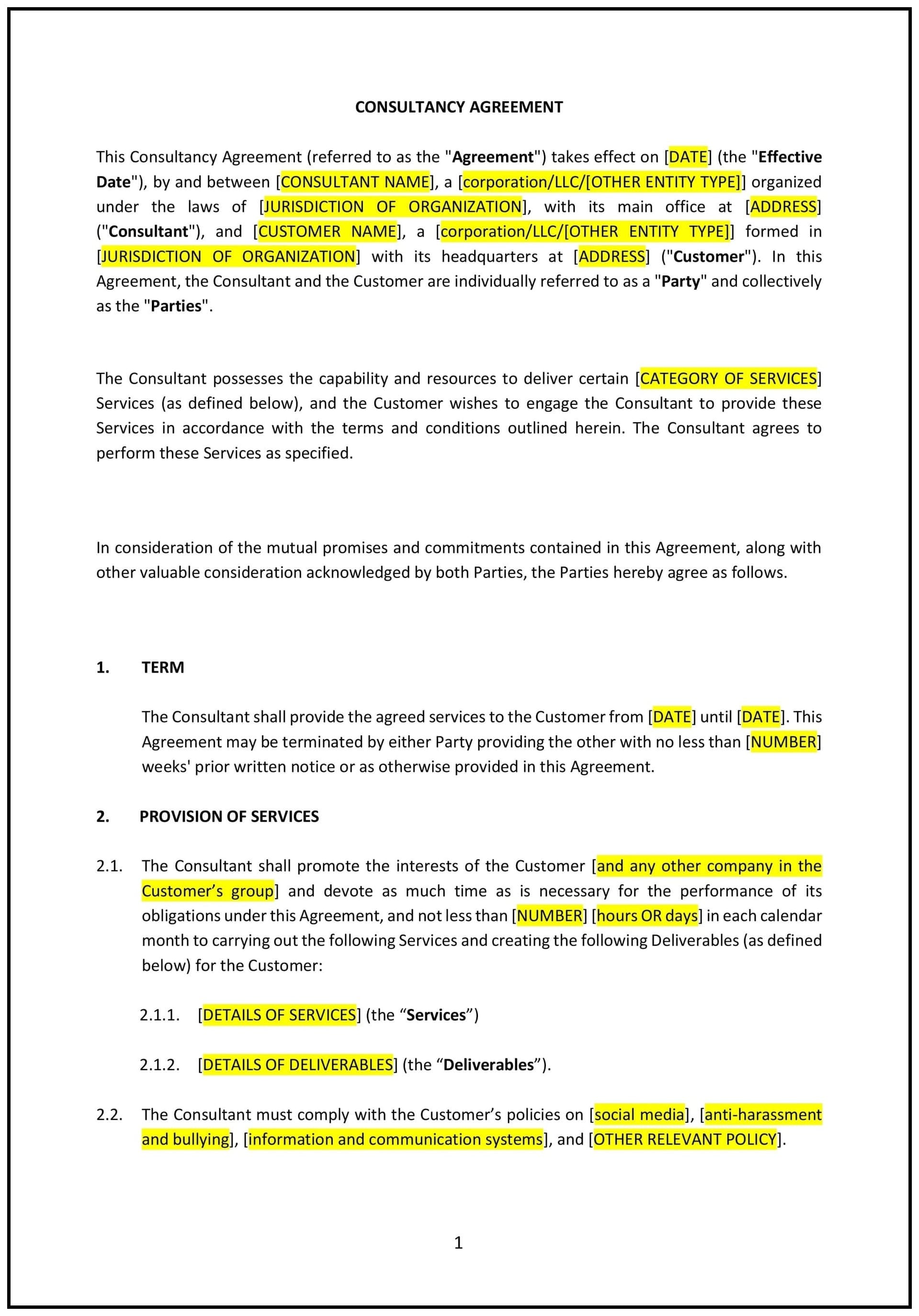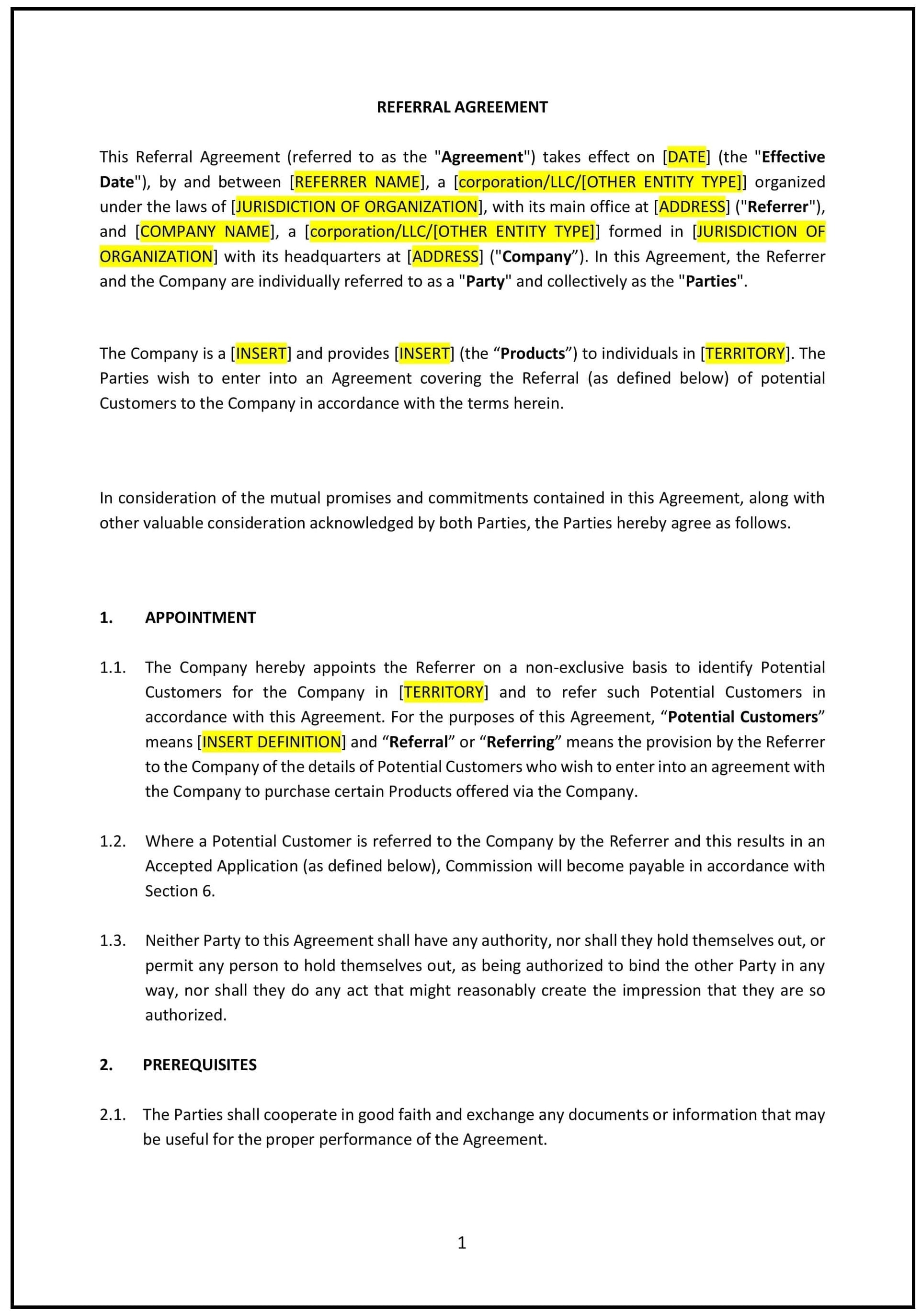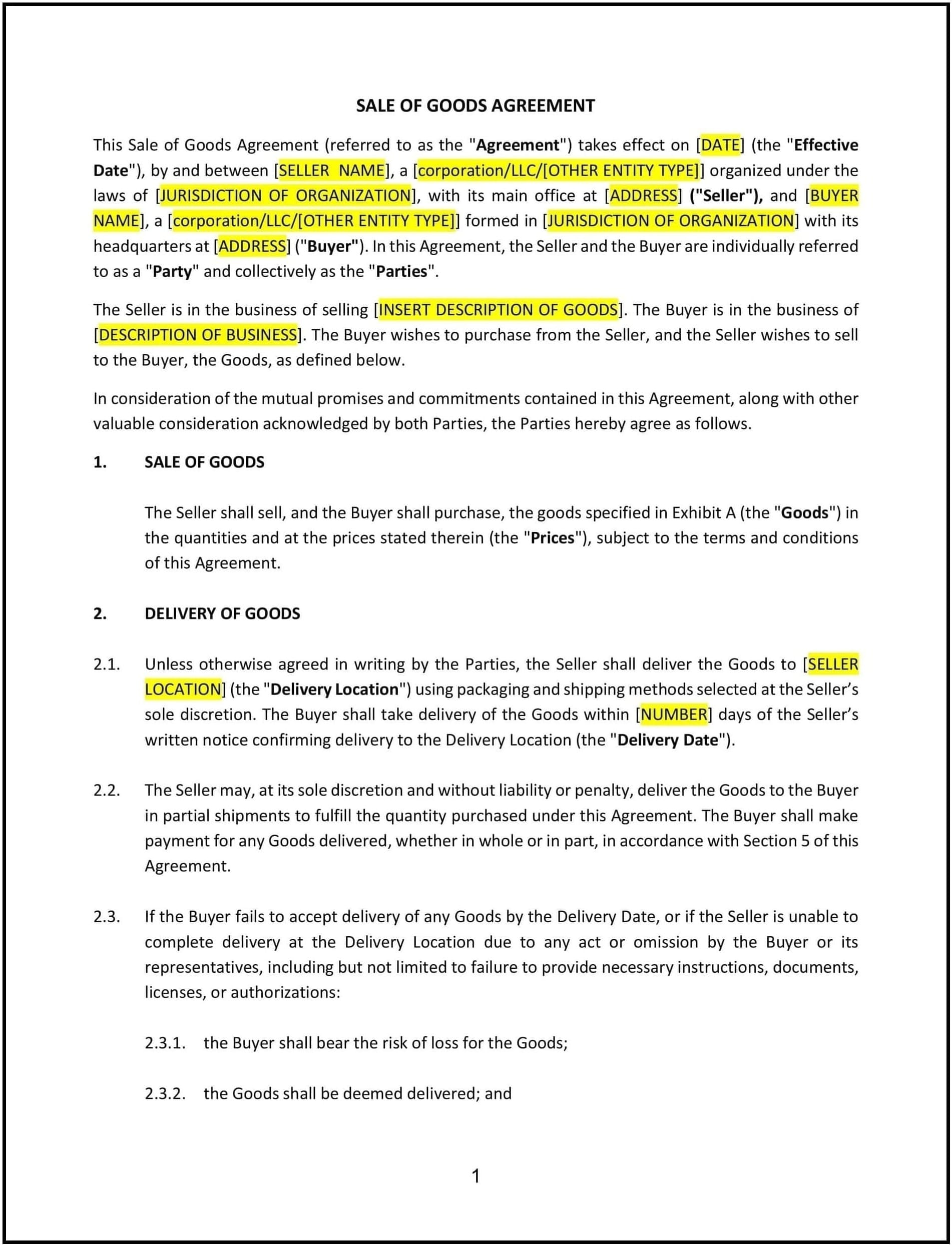Digital Content License Agreement (California): Free template
Digital Content License Agreement (California)
A Digital Content License Agreement is a legal document that grants permission to use digital content, such as images, videos, audio files, written materials, or software, under specific terms and conditions. In California, this agreement must comply with state laws regarding intellectual property, licensing, and contract enforcement, including the California Consumer Privacy Act (CCPA) and the California Right of Publicity Law. A well-drafted agreement ensures that both the licensor (content owner) and licensee (user) understand their rights and obligations, minimizing the risk of disputes.
For example, a Los Angeles-based filmmaker might license video footage to a production company for use in a documentary. A clear Digital Content License Agreement outlines the scope of usage, payment terms, and other critical details.
Tips for drafting and maintaining a Digital Content License Agreement in California
- Identify the parties: Clearly specify the names and contact information of both the licensor (content owner) and the licensee (user).
- Example: “This Digital Content License Agreement is entered into by [Licensor Name], residing at [Address], and [Licensee Name], located at [Address].”
- Define the licensed content: Provide a detailed description of the digital content being licensed, including file formats, titles, or identifiers.
- Example: “The licensor grants the licensee the right to use the following digital content: [list of files, e.g., photos, videos, or software].”
- Specify the scope of use: Outline how the content can be used, including permitted platforms, purposes, and geographic limitations.
- Example: “The licensee may use the licensed content for promotional purposes on social media platforms and print materials within the United States.”
- Clarify ownership rights: State that the licensor retains ownership of the content and that the license does not transfer ownership.
- Example: “The licensor retains all intellectual property rights to the licensed content. This agreement grants only a limited license to use the content as specified herein.”
- Set usage restrictions: Define any restrictions, such as prohibiting modifications, redistribution, or sublicensing of the content.
- Example: “The licensee may not alter, edit, or modify the licensed content without prior written consent from the licensor.”
- Include payment terms: Specify whether the license is free or paid, and outline payment schedules, methods, and amounts.
- Example: “In consideration for the license granted herein, the licensee agrees to pay the licensor $[Amount] within [Timeframe].”
- Address termination terms: Specify conditions under which the license may be terminated, such as breach of terms or expiration.
- Example: “This license may be terminated by the licensor upon written notice if the licensee breaches any terms of this agreement.”
- Outline governing law and jurisdiction: Ensure the agreement specifies that it is governed by California law and identifies the appropriate courts for dispute resolution.
- Example: “This agreement is governed by the laws of the State of California. Any disputes arising under this agreement shall be resolved in the courts of [County], California.”
- Include signatures: Both parties must sign and date the agreement to make it legally binding.
- Example: “IN WITNESS WHEREOF, the parties have executed this Digital Content License Agreement as of the date first written above.”
Frequently asked questions (FAQs)
Q: Does California have specific laws protecting digital content creators?
A: Yes, California has strong intellectual property protections, including the California Right of Publicity Law and the CCPA, which safeguard creators’ rights and personal data.
Q: What happens if my digital content is used without a license in California?
A: You may pursue legal action for copyright infringement or violation of the California Right of Publicity Law. Remedies could include statutory damages, attorney’s fees, and injunctive relief.
Q: Can I revoke a non-exclusive digital content license in California?
A: Yes, but only if the agreement includes a revocation clause or if the licensee violates the terms of the agreement. Otherwise, the license remains valid for the agreed-upon duration.
Q: Are there special considerations for licensing digital content to minors in California?
A: Yes, contracts with minors are generally voidable. To ensure enforceability, involve a parent or legal guardian in the agreement process.
Q: How does the CCPA affect digital content licenses in California?
A: The CCPA requires businesses to disclose how they collect, use, and share personal data. If your digital content involves personal information, ensure compliance with the CCPA to avoid penalties.
This article contains general legal information and does not contain legal advice. Cobrief is not a law firm or a substitute for an attorney or law firm. The law is complex and changes often. For legal advice, please ask a lawyer.


